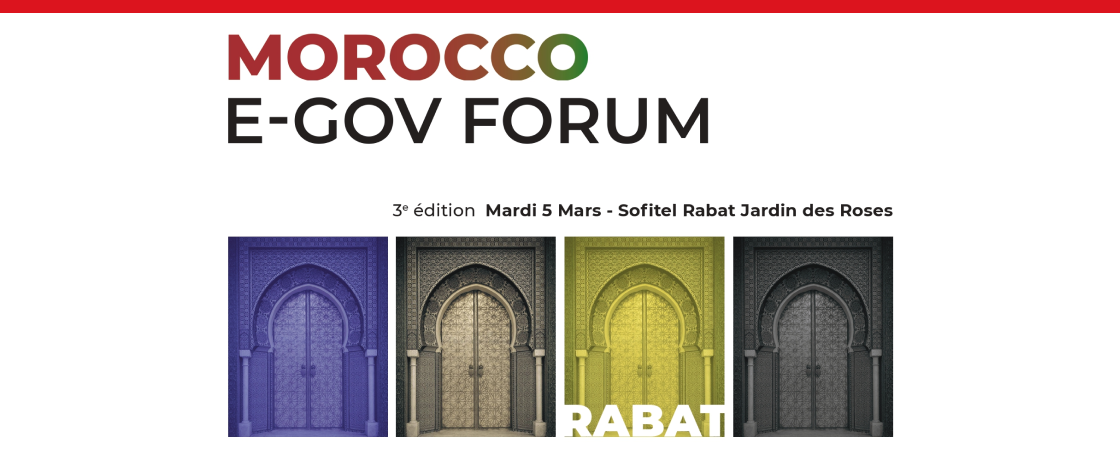Une cyberattaque est un effort délibéré d’un individu ou d’une organisation pour violer un système d’information, visant à perturber, endommager, voler, modifier ou obtenir un accès non autorisé aux systèmes ou réseaux informatiques. Ces attaques peuvent être motivées financièrement, ciblant des données sensibles à des fins lucratives, ou motivées politiquement, visant à déstabiliser des rivaux ou des nations. Les cyberattaques se présentent sous diverses formes, telles que le vol de données à des fins financières ou la conduite de perturbations à grande échelle telles que des attaques par déni de service distribué (DDoS).
1 Hameçonnage
L’hameçonnage est une tactique trompeuse où les attaquants usurpent l’identité de sources de confiance, souvent par le biais d’e-mails, pour tromper les destinataires en partageant des informations sensibles ou en cliquant sur des liens malveillants. Ces e-mails apparemment légitimes conduisent à de faux sites Web ou à des téléchargements de logiciels malveillants. L’hameçonnage sert de point de départ à d’autres cyberattaques, visant à obtenir des informations d’identification des utilisateurs, à introduire des logiciels malveillants ou à accéder à des données confidentielles. C’est une méthode répandue qui cible principalement les utilisateurs individuels et les petites et moyennes entreprises (PME).
2 Ransomware
Les rançongiciels sont des logiciels malveillants qui verrouillent les fichiers d’une victime et exigent une rançon pour restaurer l’accès. Avec l’avènement des crypto-monnaies et la connectivité croissante des appareils, les pirates peuvent rester anonymes tout en exploitant le fait que de nombreuses entreprises s’appuient sur les technologies numériques. Un tel incident peut mettre toutes les opérations commerciales hors service. La valeur élevée des données permet aux pirates de s’en tirer avec une rançon importante, car il peut parfois sembler moins cher et plus rapide de payer le montant pour une entreprise. La lucrativité de ce type de cyberattaque a été l’un des principaux facteurs contribuant à sa popularité en 2023.
3 Logiciels espions
Les logiciels espions sont un autre type de logiciel malveillant qui suit les données circulant dans les actifs du réseau et envoie ces informations à des contrôleurs extérieurs à l’organisation ciblée. Les pirates l’utilisent comme outil de suivi pour suivre les activités de leur victime ou extraire d’autres données. Les logiciels espions peuvent inclure des frappes au clavier, des habitudes de navigation et même des informations commerciales confidentielles. Ce malware peut se propager via des sites Web infectés, des e-mails malveillants, des clés USB piratées ou même des applications gratuites. Certains annonceurs utilisent même légitimement des logiciels espions pour diffuser des annonces ciblées (car la plupart des utilisateurs acceptent les conditions générales sans les lire réellement).
4 Virus
Les virus, également appelés vers, sont des logiciels malveillants à auto-réplication qui peuvent se propager rapidement à travers des réseaux interconnectés, provoquant des perturbations allant de perturbations mineures à de graves pannes de système. Ils peuvent rester en sommeil ou s’activer immédiatement après l’infiltration. Les virus se joignent aux fichiers hôtes exécutables, déclenchant leur code lorsque ces fichiers sont ouverts, se propageant généralement par le biais de pièces jointes ou de programmes de partage de fichiers. Il est essentiel pour les entreprises de rester à jour afin de détecter et d’empêcher ces pièces jointes de causer des dommages à leurs systèmes.
5 Logiciels malveillants
Les logiciels malveillants sont une vaste catégorie décrivant divers types de logiciels malveillants, y compris les ransomwares, les logiciels espions et les virus. Les actions spécifiques des logiciels malveillants dépendront de leur type exact, mais leur objectif global est toujours centré sur la perturbation d’un ordinateur, d’un serveur, d’un client ou d’un réseau informatique. Cela peut impliquer la fuite d’informations confidentielles, l’accès illicite aux systèmes, la restriction de l’accès aux données ou la compromission involontaire de la sécurité et de la confidentialité de l’ordinateur de l’utilisateur.
6 Attaques de l’homme du milieu
Une attaque de l’homme du milieu (MITM) implique qu’un attaquant intercepte secrètement et modifie éventuellement la communication entre deux parties. L’attaquant s’insère entre l’expéditeur et le destinataire, agissant comme un intermédiaire invisible. Contrairement à l’hameçonnage, où la source est trompeuse, les attaques MITM manipulent une communication authentique pour atteindre les objectifs du pirate. Par exemple, modifier les détails des virements bancaires au sein du service financier d’une organisation. Les attaques MITM sont difficiles à détecter car elles ne soulèvent pas de soupçons pendant l’attaque et ne sont souvent découvertes qu’après coup.
7 injection SQL
L’injection SQL est une méthode d’exploitation où les attaquants manipulent les paramètres d’entrée d’une requête SQL. De nombreuses applications et sites Web construisent des requêtes SQL en combinant les entrées fournies par l’utilisateur et la chaîne de requête, créant ainsi une vulnérabilité. Les attaquants trouvent des champs de saisie faibles (comme les formulaires de connexion) et soumettent des entrées personnalisées contenant du code SQL. Si l’application ne valide pas correctement l’entrée, le code SQL injecté s’exécute dans le moteur de base de données. Cela permet des actions non autorisées telles que contourner l’authentification, accéder à des données sensibles, modifier ou supprimer des enregistrements de base de données ou exécuter des commandes arbitraires sur le système.





